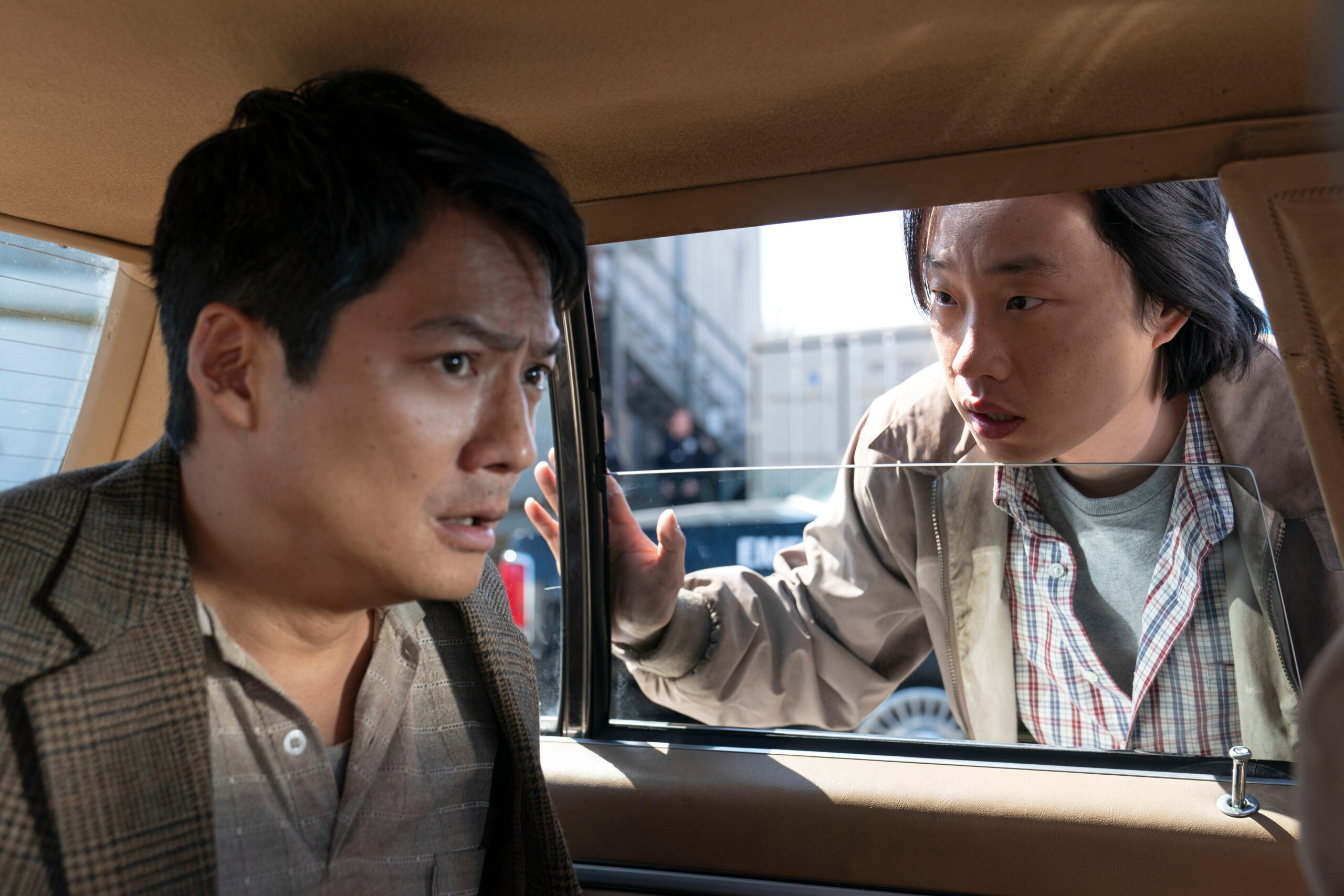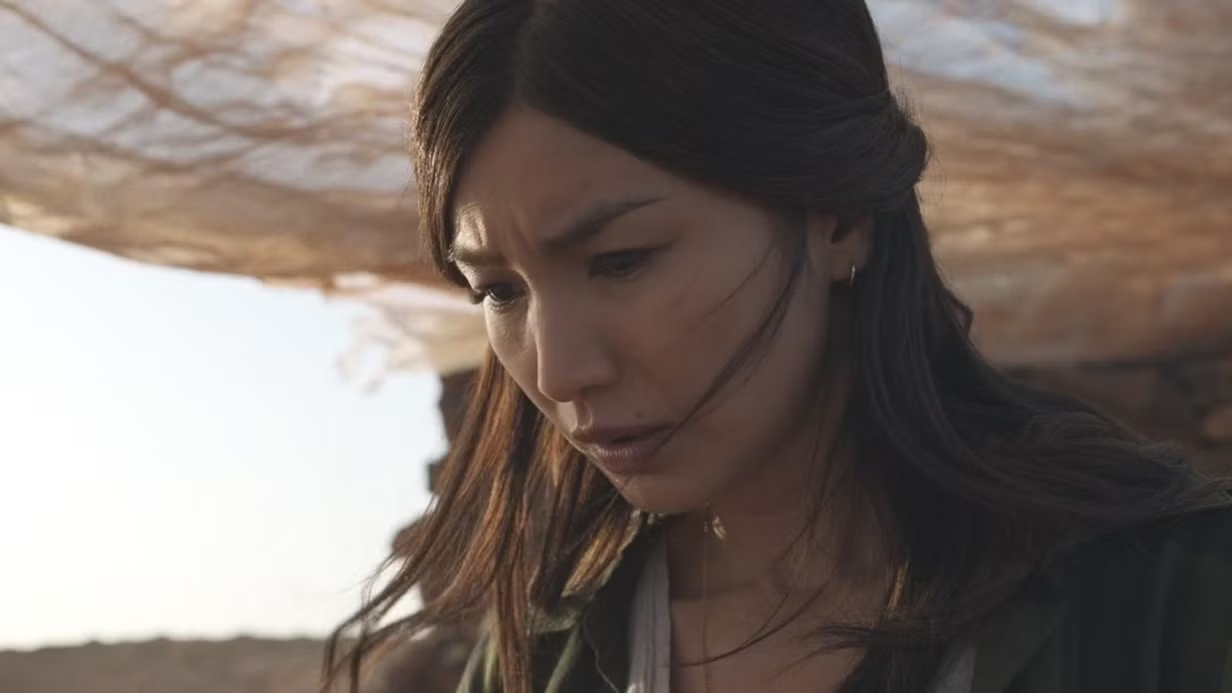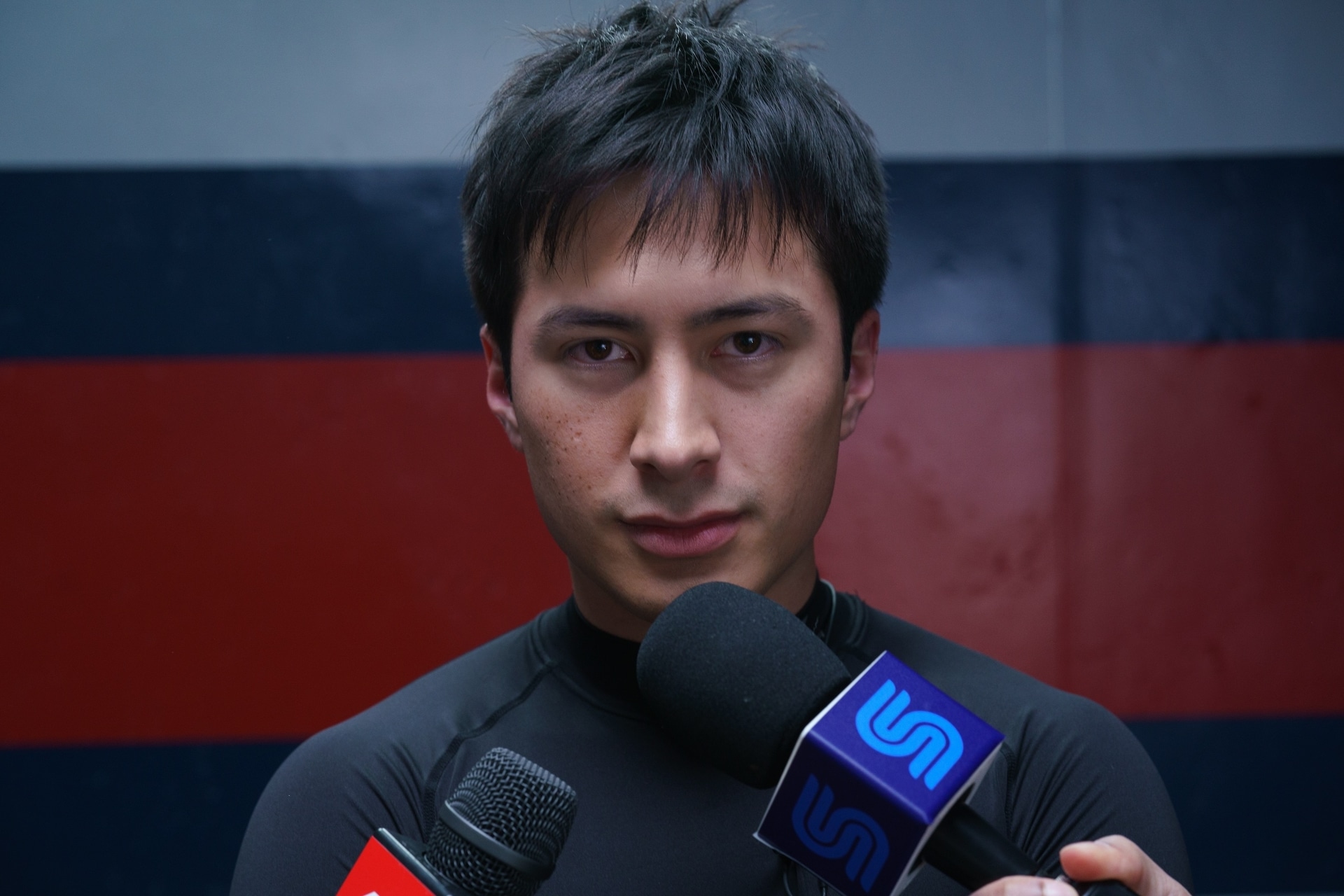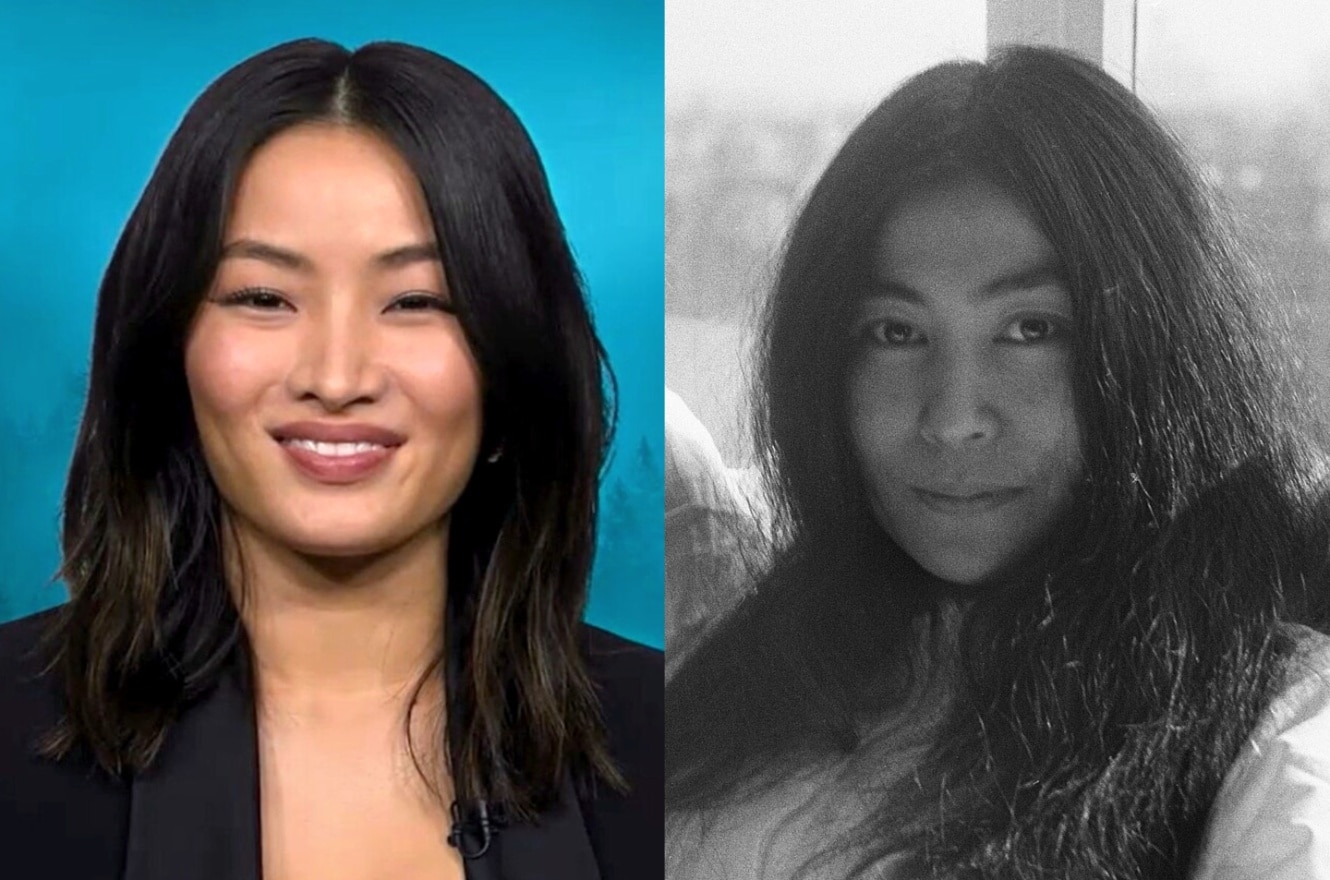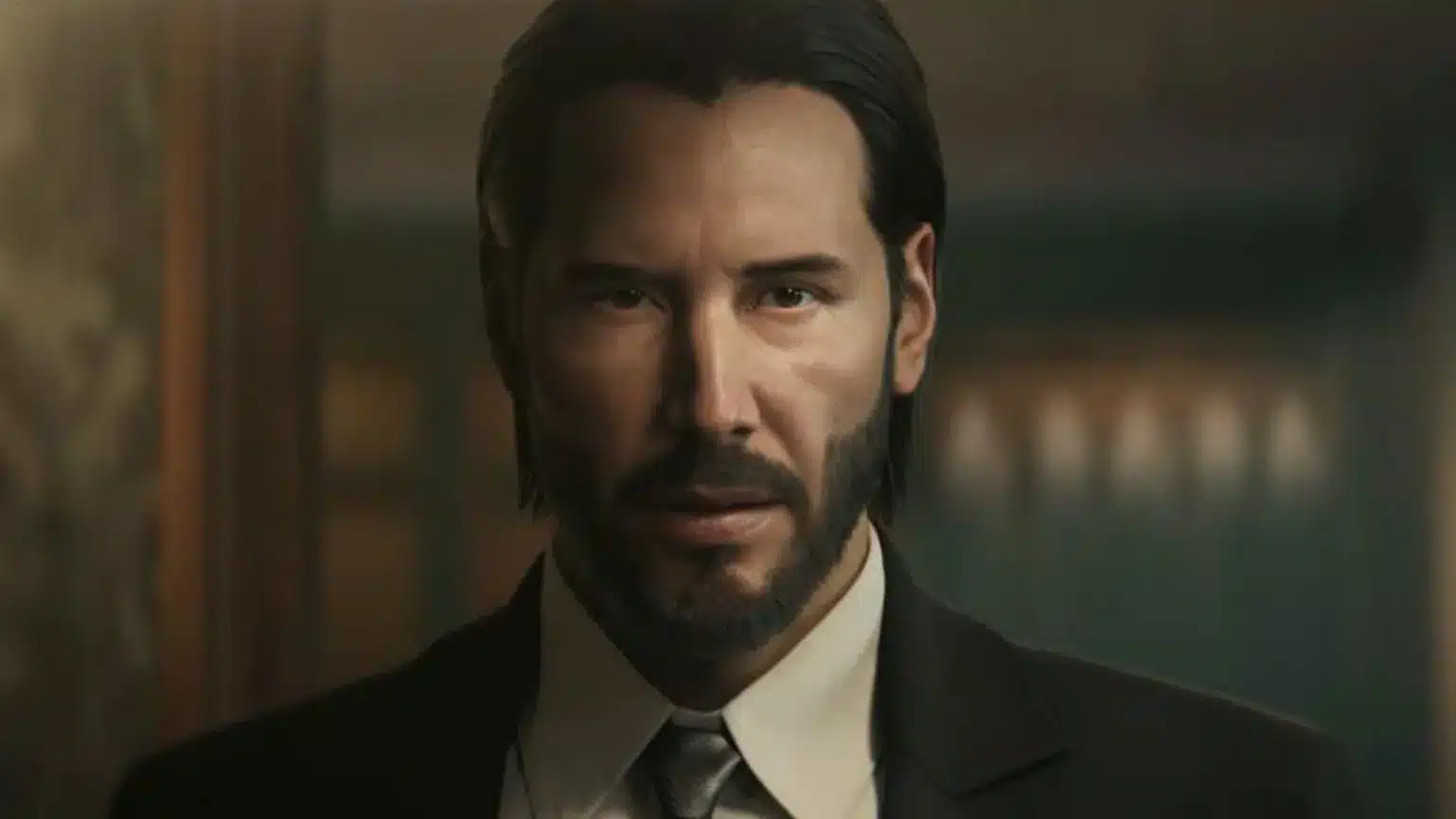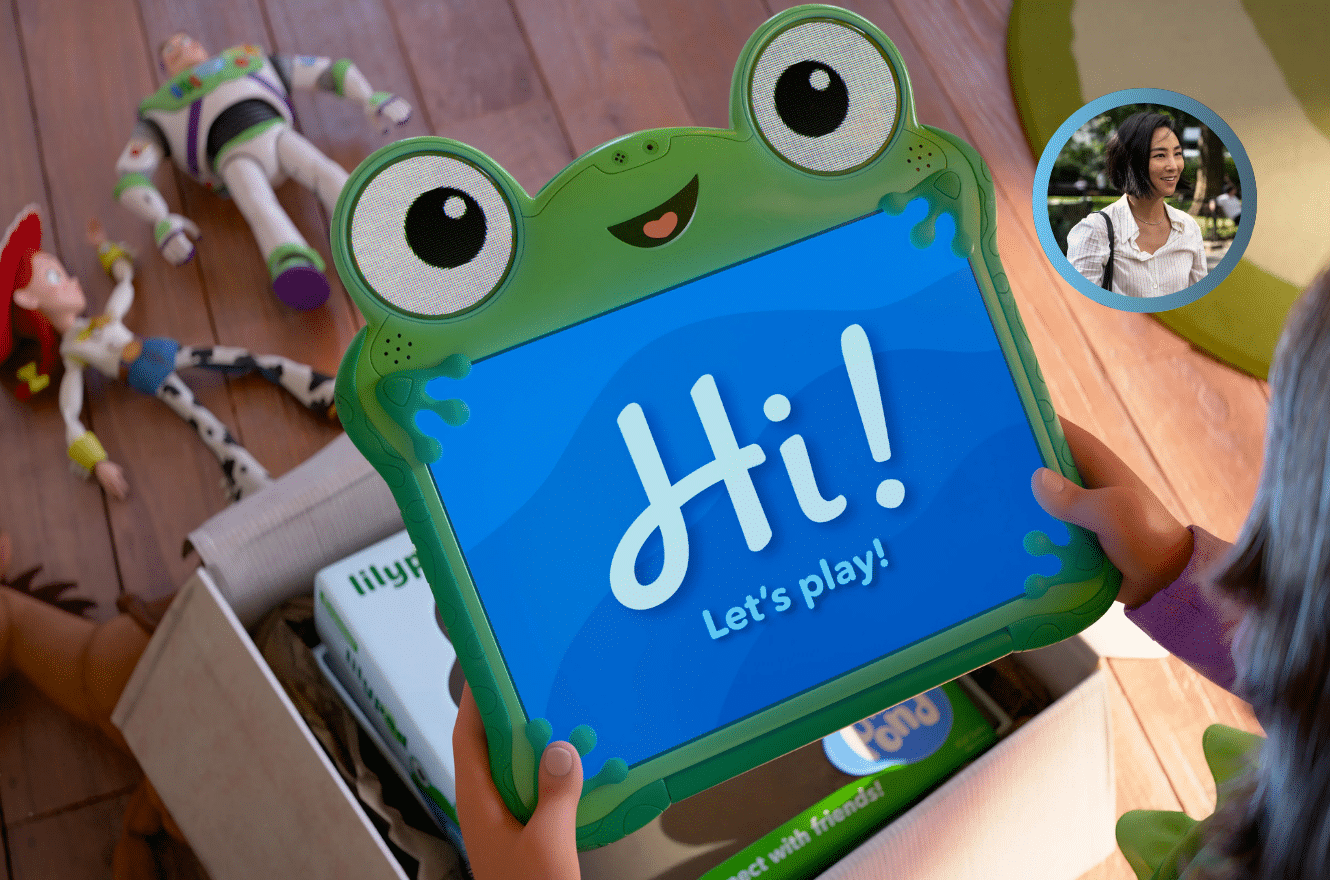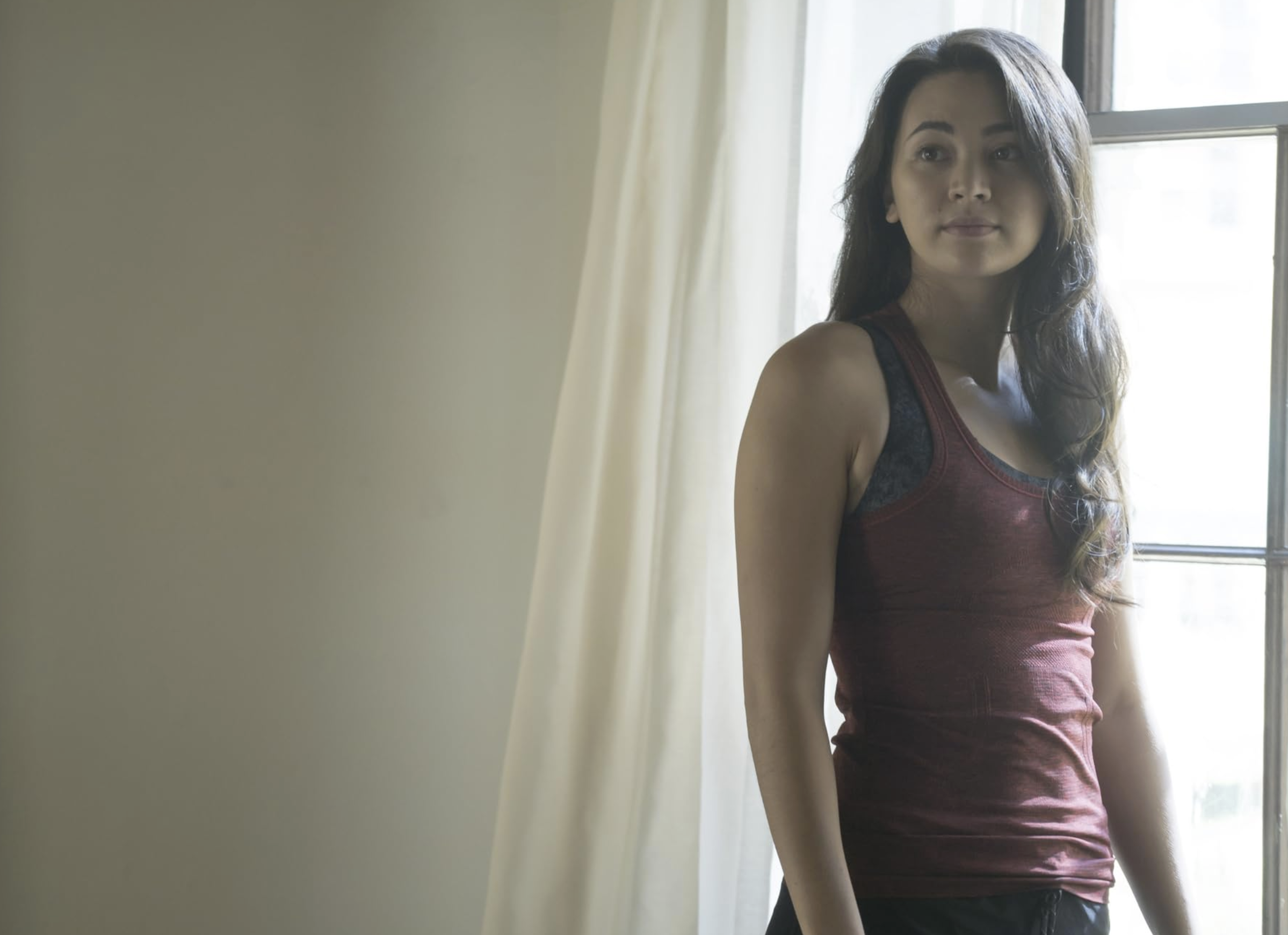CSI and Chicago P.D. star, Archie Kao, opens up about his unique career journey, the complexities of Asian representation, and finding his place in a changing industry
Archie Kao is a man of many faces. He’s been a Power Ranger, a CSI tech whiz, and a Chicago police detective. He’s graced screens both in Hollywood and China, navigating diverse roles and challenging expectations. Now, he’s captivating audiences as Uncle Wong in Hulu’s Interior Chinatown, a satirical series that flips the script on Hollywood stereotypes.
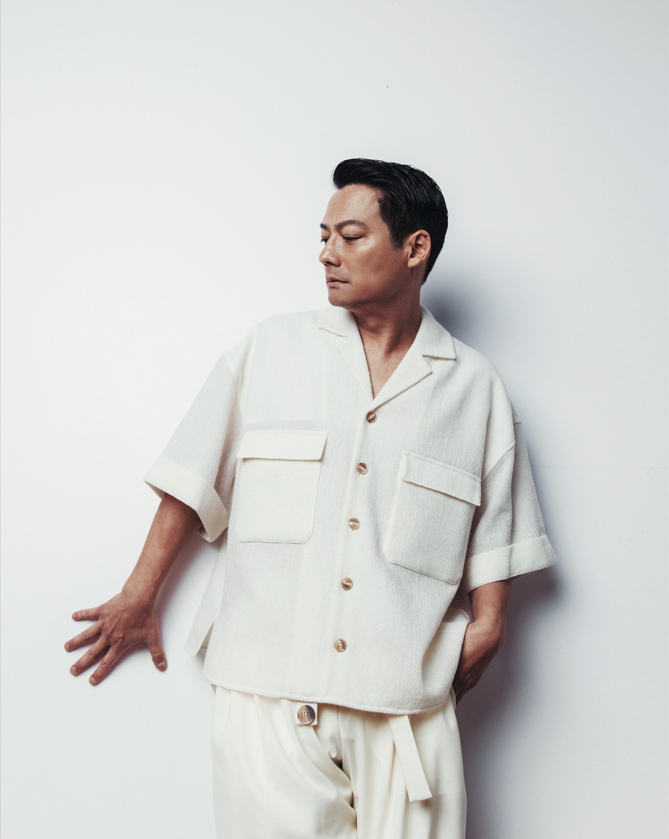
I recently sat down with Kao to discuss his fascinating career trajectory, his personal connection to Interior Chinatown, and his thoughts on the evolving landscape of Asian representation in the entertainment industry. Our conversation was a candid and insightful exploration of identity, perseverance, and the power of authentic storytelling.
Read more: ‘Interior Chinatown’: Tzi Ma Talks Taking on Hollywood Stereotypes
Kao’s journey began unexpectedly. “I first came to LA to go to law school,” he revealed. “But at the time, I was waiting tables… and a photographer came into the restaurant and suggested I take some pictures and try modeling or commercials.” That chance encounter sparked a career that has spanned decades and continents.
He’s quick to acknowledge the limitations he faced as an Asian American actor in Hollywood. “As an actor, I’m incredibly grateful for the career I’ve had, but there were always limitations,” he admitted. “For example, during my time on shows like ‘CSI’ and ‘Chicago P.D.,’ I often played the tech guy at headquarters—never the hero kicking down doors.”
This frustration led him to China, where he found unexpected opportunities. “Ironically, having an Asian face in Hollywood was more limiting than not speaking Mandarin in China,” he reflected. “Over there, I was stretched as an actor, while in America, I often felt boxed in.”
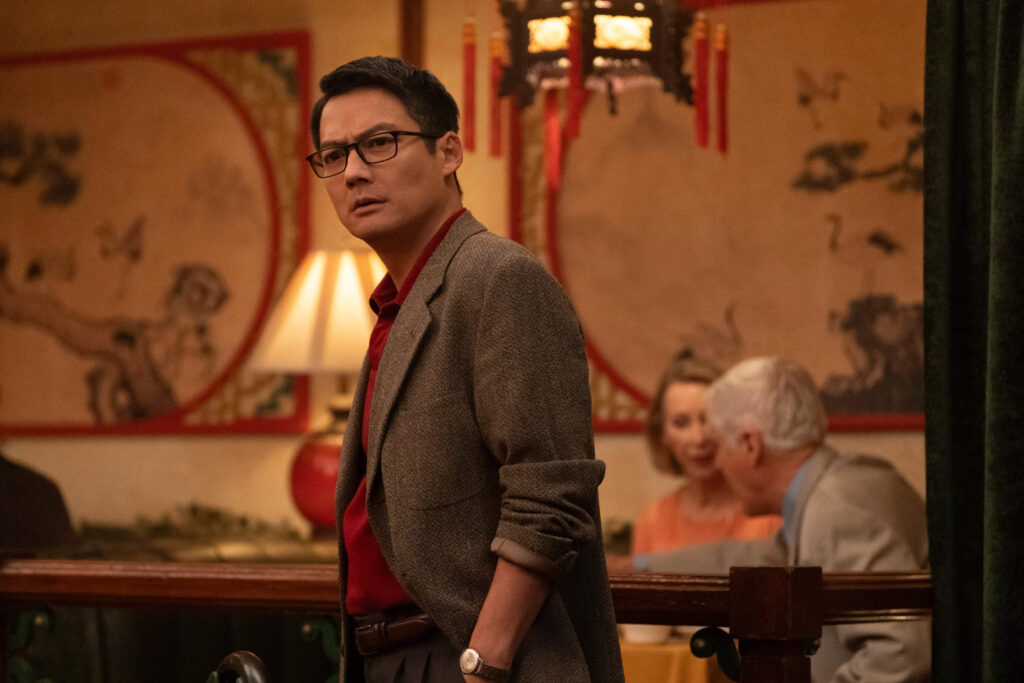
But Interior Chinatown offered a different kind of challenge—a chance to be part of a project that directly addresses the stereotypes he’s encountered throughout his career. “I immediately felt a connection and knew I had to be part of it,” he said of the show.
He describes the series as a “satirical commentary on society—on how we see each other and how societal expectations shape us.” It’s a show that’s both entertaining and thought-provoking, pushing viewers to examine their own biases and assumptions.
Kao’s personal experience resonates with the show’s exploration of cultural identity. He grew up on a farm in Pennsylvania, raised by a white foster family. “I wasn’t aware of my cultural identity in that way,” he shared. “The family I grew up with was wonderful; they didn’t treat me any differently. But well into adulthood, I was more interested in assimilating than standing out, which meant I never made an effort to learn Chinese.”
This changed as he got older. “As I got older, I started to feel embarrassed about not speaking Chinese,” he admitted. This realization led him on a journey of self-discovery, eventually leading him to work in China and embrace his heritage.
Read more: ‘Interior Chinatown’: Hulu’s New Series Blurs Reality with Kung Fu and Mystery
Interior Chinatown offered a unique opportunity to connect with his roots in a meaningful way. “Working on Interior Chinatown felt different,” he explained. “These were my people, and there was a shared understanding that didn’t need to be explained. It was incredibly comfortable.”
He also highlighted the importance of the show’s diverse cast and crew. “It wasn’t everyone, of course, but it was clear the production team made an effort to involve Asian talent, which isn’t always the case in Hollywood,” he observed.
Kao believes that Interior Chinatown has the potential to resonate with a wide audience, even those who may not be familiar with the nuances of Asian American culture. “Ultimately, the show is about illustrating a community—people with hopes, dreams, fears, triumphs, and struggles, just like any other group,” he emphasized.
He hopes the show will spark curiosity and encourage viewers to learn more about different cultures. “If Interior Chinatown inspires even a few Western viewers to learn some Mandarin, that would be a fantastic outcome,” he said. “Sharing cultures benefits everyone.”
Kao’s career has been a testament to his adaptability and perseverance. He’s embraced challenges, defied expectations, and carved his own path in a constantly evolving industry. With “Interior Chinatown, he’s adding another layer to his already impressive legacy, proving that authentic storytelling and nuanced representation have the power to connect with audiences on a deeper level.
And as for his advice to aspiring actors? “Focus on mastering your craft,” he urges. “Opportunities will come over time, but when they do, you need to be ready.” Wise words from a man who has truly mastered his own.

